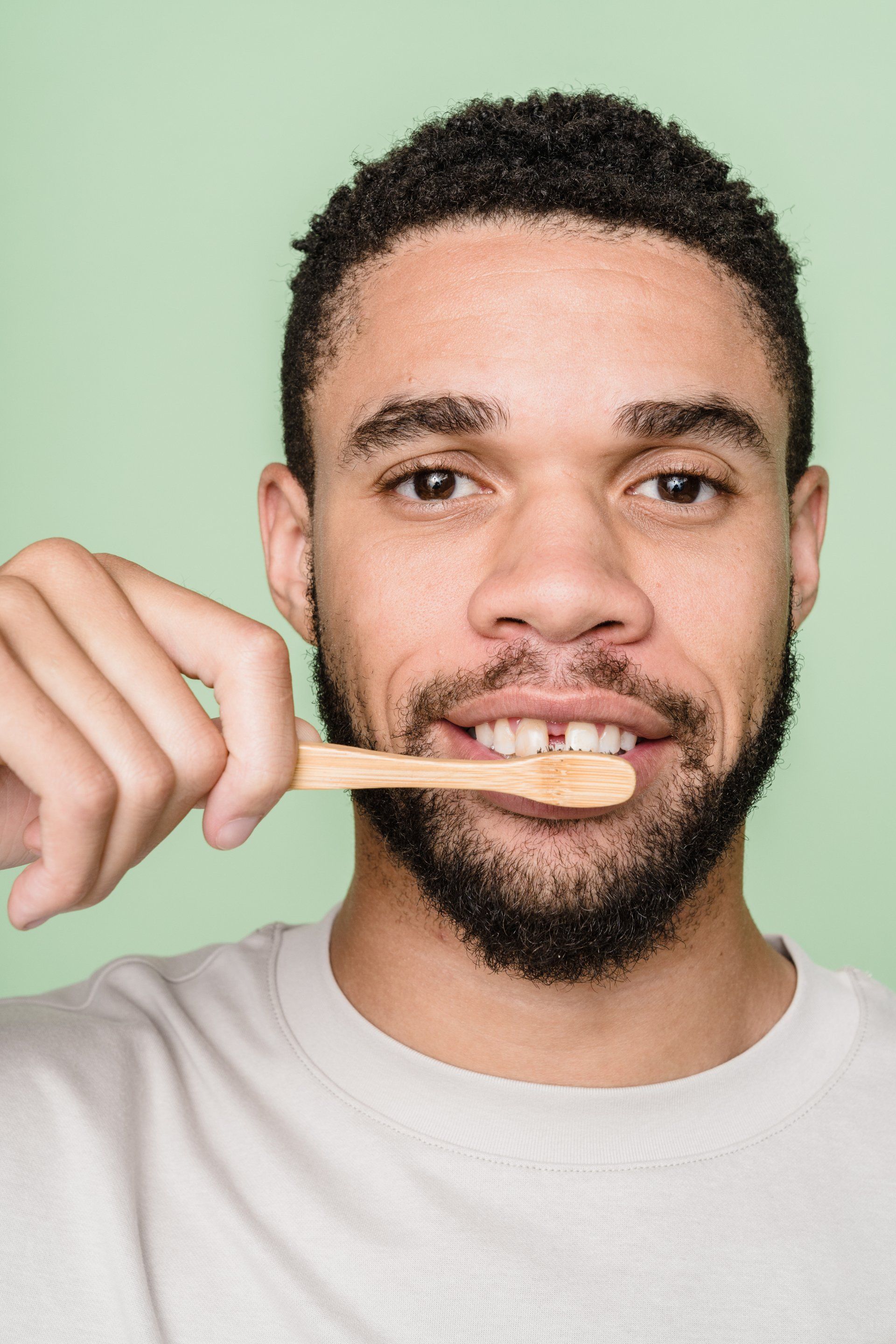4 Ways to Effectively Relieve Sensitive Teeth

How to Effectively Relieve Sensitive Teeth
If you’ve ever experienced it, you know tooth sensitivity can be a real bummer. Ice cream and other frozen delicacies are pretty much off-limits as are other fun goodies like sweet treats and more. In fact, any number of things can contribute to discomfort, from certain foods to even brushing. And, the real concern is that sensitivity can progress from a minor annoyance to a significant issue relatively quickly. While sensitivity toothpastes can often ease discomfort, you likely are more interested in healing the issue altogether so you can forgo the pain the next time around. Understanding the cause and making a few simple changes to your normal routine can make a big difference in how your teeth feel as well as how they respond to various elements.
What Causes Sensitivity?
Tooth sensitivity is typically the result of a number of different factors, including genetics. Pinpointing the cause of your sensitive teeth and improving your understanding of how to treat the issue can help you remedy it and prevent it from returning. According to the American Dental Association (ADA), sensitivity is often triggered by eating foods of one temperature extreme or the other – very hot or very cold. This sensitivity stems from such factors as:
• Periodontal (gum) disease
• Tooth decay and exposure of the roots at the gum line
• Aggressive brushing
• Wearing away of the enamel
If you believe your sensitivity is due to tooth decay, disease, or infection, it is important to see you dentist as soon as possible. However, if you tend to be an aggressive brusher who experiences pain as a result of that practice, you may be able to relieve your sensitivity with a few simple tweaks.
What Are Simple Ways to Relieve Sensitive Teeth?
1. Try a Different Brush
Using a hard-bristled toothbrush or even a highly abrasive toothpaste can be irritating to highly sensitive teeth. Consider swapping your current brush for one with soft bristles to determine if that makes a difference in your sensitivity. In many cases, changing the brush alone can bring relief.
2. Change Your Brush Pattern
In addition to an aggressive brush, the pattern you use to brush your teeth may be equally as irritating to your sensitive teeth. Instead of erratically brushing, consider softly brushing your teeth back and forth across the biting surfaces. This is a much gentler pattern and will provide your teeth with a little added TLC to reduce sensitivity.
3. Avoid Acidic Foods
Certain foods, such as carbonated drinks, coffee, and citrus foods, can cause added sensitivity. This is typically because the foods have acidic properties that effectively wear away the enamel of your teeth. Keeping these foods at a minimum in your diet can help reduce sensitivity.
4. Get a Fluoride Treatment
Fluoride functions to restore the strength of your tooth enamel and can be very effective for treating tooth sensitivity. You can see your dentist for a treatment or even just invest in an at-home fluoride treatment or mouthwash.
Tooth sensitivity is no laughing matter. And, if left untreated can cause significant issues to the teeth and gums. Consider these treatment options, and contact your dentist if you do not find relief or have any additional questions.
The post 4 Ways to Effectively Relieve Sensitive Teeth appeared first on South Temple Dental.


